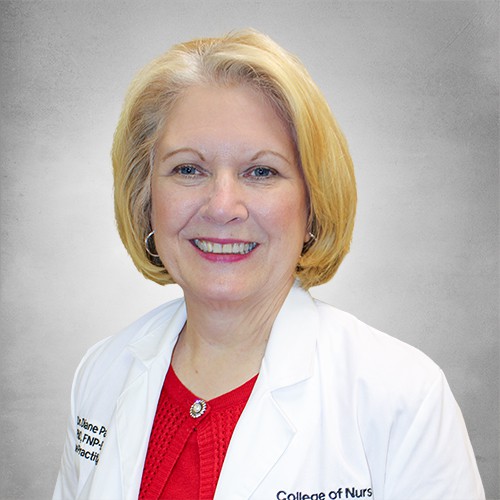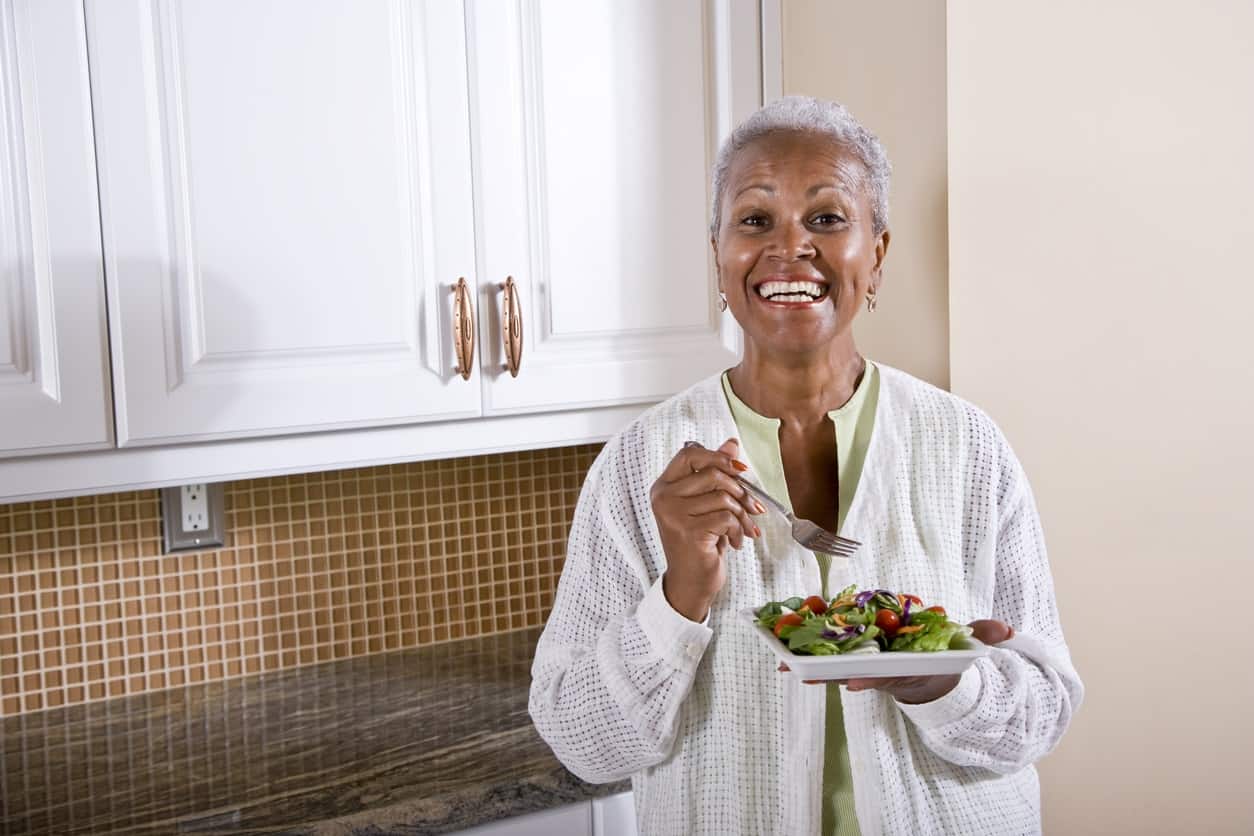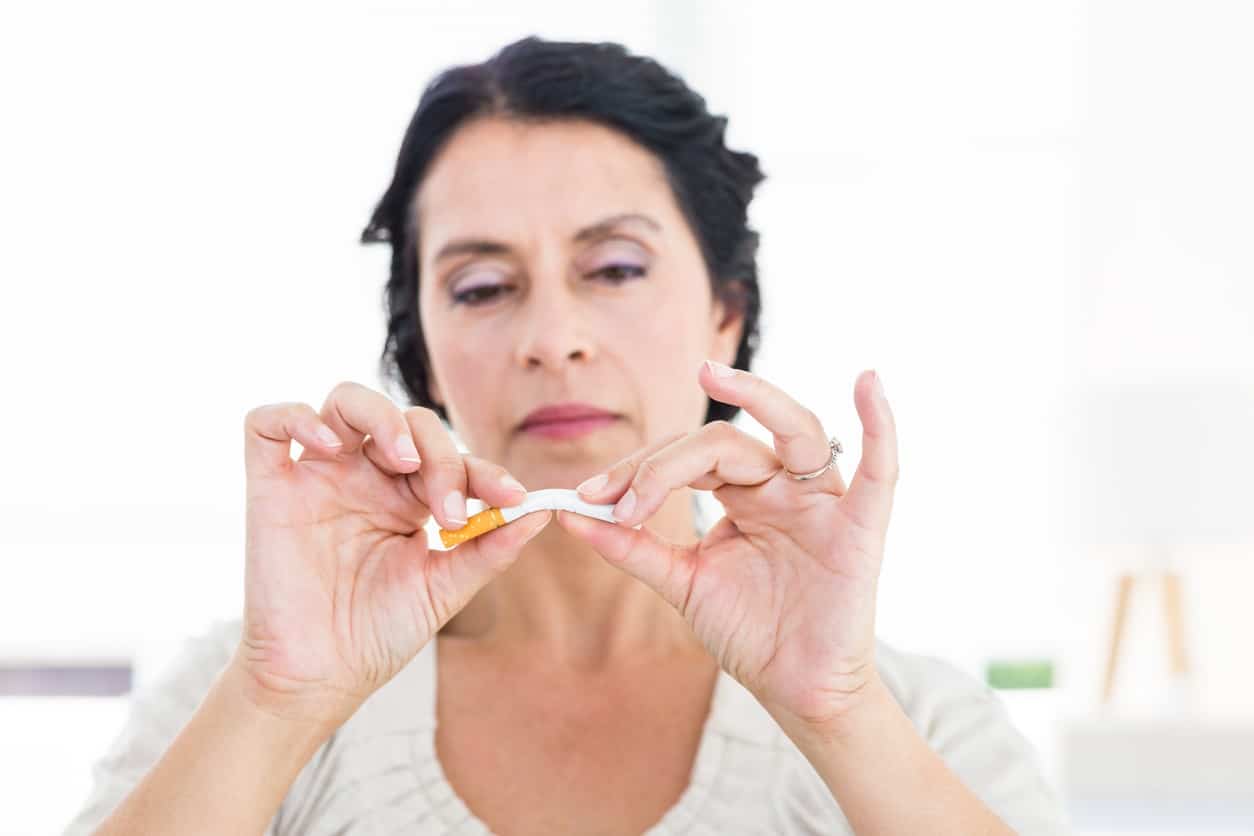Hot flashes are the most common symptom of menopause, but their cause still is not fully understood.
However, there is help available, and a certified menopause practitioner is a good place to start.
Regional One Health’s menopause care practice can counsel women about options including hormone therapy, lifestyle changes and avoiding hot flash triggers.
For every woman who has ever aimed a fan straight at her body, stood in front of an open freezer or packed a change of clothes in case she sweats through her first outfit, Regional One Health’s certified menopause practitioners have a message for you:
You are not alone. And we want to help.
Diane Todd Pace, PhD, APRN, FNP-BC, NCMP, FAANP, FAAN and Pallavi Khanna, MD, OB/GYN, FACOG lead the menopause care practice at our East Campus, 6555 Quince Rd.
“Hot flashes have been studied for many years and we still don’t know all the answers,” Pace said. “However, science has given us evidence-based information to help us educate women on how to be aware of changes in their bodies and provide options for managing hot flashes that affect their quality of life.”
Dr. Pace and Dr. Khanna offer education and care in their specialized menopause care practice and during their menopause support group on hot flashes, or vasomotor symptoms, and what to do about them.
Just the facts

Diane Todd Pace, a Certified Menopause Practitioner at Regional One Health, uses evidence-based research to help women manage hot flashes that impact their quality of life.
Pace said it’s hard to describe a hot flash to someone who has never had one.
“It’s not like when you get hot lying on the beach or next to the pool. It starts inside,” she said.
A hot flash begins when the core body temperature rises. Blood flow to the skin increases and the heart rate goes up. You experience an intense feeling of heat, and the upper body reddens as the heart rate and blood flow to the skin peak. Then, you start to sweat.
When the hot flash is over, you get chills and shiver.
While doctors don’t know exactly what causes vasomotor symptoms, they have studied what they do to the body.
Tests performed on women during a hot flash show circulatory changes, meaning they affect the heart. PET and MRI scans show a decreased blood flow to the brain, which explains their negative impact on concentration and sleep quality.
By the numbers
Studies also show how likely it is a woman will have hot flashes. Between 75-85 percent of women have vasomotor symptoms. Of those, 87 percent experience the phenomenon every day.
The average duration is 7.4 years, and women with early onset menopause experience hot flashes for an average of 11.8 years. Some women have vasomotor symptoms well into their 80s.
Studies show there are differences in how women of various ethnicities experience hot flashes.
African-American women report the longest-lasting vasomotor symptoms, for just over 10 years on average. Asian-American women experience the shortest average duration, of around 5 years.
“There are definitely ethnic and cultural differences in how women experience menopause,” Pace said.

Lifestyle changes, such as eating a healthy diet and exercising, can help manage hot flashes. Maintaining a healthy weight is key to promoting overall health.
But one statistic stands out to Pace as the most alarming: The International Menopause Society reports 60 percent of menopausal women have never discussed treatment with their provider, and for every four women who do present their concerns, three leave without options for addressing their symptoms.
Finding relief
So, what can you do?
Pace said hormone therapy is the best medical option for hot flashes. Women should consult their provider to see if they are a good candidate for the treatment.
Other alternative options have not been clinically proven by research, so they often involve some trial and error. As Pace sees it, “You may be the one it helps. And if it helps and doesn’t hurt you, then it works for you.”
She described options she suggests to patients:
- Paced breathing and meditation
- Dressing in cool layers
- Maintaining a healthy weight
- Avoiding smoking
- Wicked sheets and pajamas, bed fans and cooling pads or pillows
- Exercise and yoga
- Acupuncture
Pace does not recommend supplements but will talk with patients who want to try them about which ones adhere to safety standards and have undergone randomized control trials.
Finally, Pace suggests avoiding personal triggers.
You can keep a diary to identify your triggers; some common ones include alcohol, caffeine, spicy food, hot drinks and intense emotions.
Pace said the best first step for many women is finding a provider with special expertise in caring for menopausal women.
As certified menopause practitioners, she and Dr. Khanna have gone through extensive credentialing via the North American Menopause Society.
